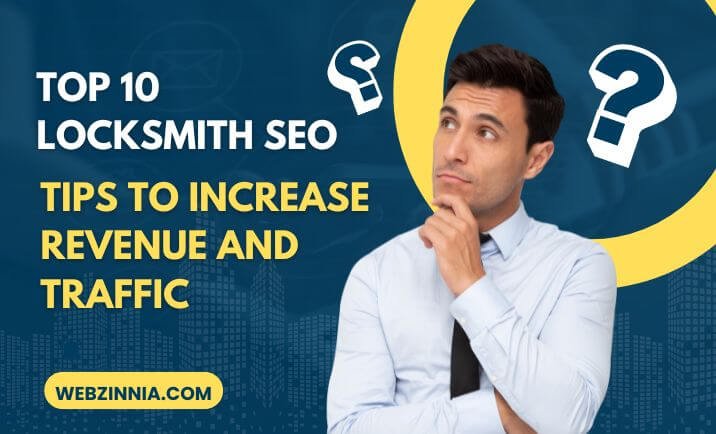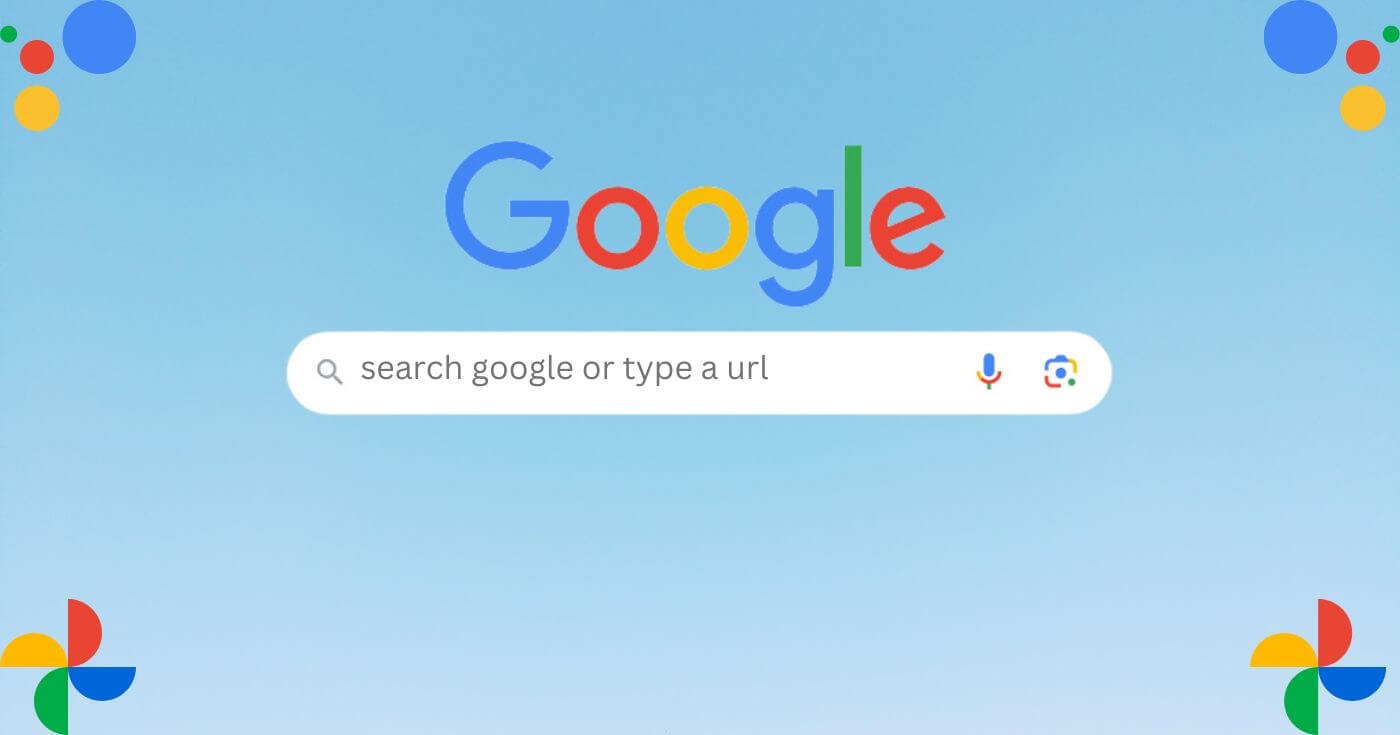SEO Acronyms: How to Boost Your Search Engine Rankings

Navigating the world of Search Engine Optimization (SEO) can often feel like deciphering a complex code, especially with the multitude of acronyms involved. For those looking to enhance their online presence, understanding these SEO acronyms is crucial. This blog post aims to demystify these terms and provide practical tips on how to leverage SEO strategies to boost your search engine rankings effectively.
Understanding SEO and Its Importance
SEO stands for Search Engine Optimization. It encompasses a series of practices designed to increase the quantity and quality of traffic to your website through organic search engine results. Effective SEO involves optimizing both the content and the technical setup of a site so it can be indexed and ranked favorably by search engines like Google, Bing, or Yahoo.
Key SEO Acronyms and Their Meanings
Before diving deeper into optimizing your site, it’s essential to understand some key SEO-related acronyms and their meanings. This will help you navigate the complex world of SEO more effectively.
- SERP (Search Engine Results Page): The page search engines display in response to a user’s query, showing both organic and paid listings.
- SEM (Search Engine Marketing): A form of internet marketing that promotes websites by increasing their visibility in SERP primarily through paid advertising.
- PPC (Pay Per Click): A method of internet advertising where advertisers pay a fee each time one of their ads is clicked.
- CTR (Click Through Rate): The ratio of users who click on a specific link to the number of total users who view a page, email, or advertisement.
- CMS (Content Management System): Software that helps users create, manage, and modify website content without specialized technical knowledge.
- UX/UI (User Experience/User Interface): Refers to designing user interfaces for software and machines, focusing on maximizing usability and the user experience.
- GA (Google Analytics): A web analytics service offered by Google that tracks and reports website traffic.
- GSC (Google Search Console): A web service by Google which allows webmasters to check indexing status and optimize visibility of their websites.
- KPI (Key Performance Indicator): A measurable value that demonstrates how effectively a company is achieving key business objectives.
- ROI (Return on Investment): A performance measure used to evaluate the efficiency of an investment.
- XML (eXtensible Markup Language): A markup language that defines a set of rules for encoding documents in a human-readable and machine-readable format.
- ALT Text (Alternative Text for images): A description of an image in a web page, used by screen readers for the blind and visually impaired or when the image fails to load.
Understanding these acronyms provides a solid foundation for any SEO strategy, aiding in better communication and more effective implementation of SEO practices.
SEO Acronym in Business: Applying SEO to Your Strategy
Understanding SEO acronyms is crucial, but applying them effectively to enhance your business strategy and boost rankings requires a well-planned, strategic approach. Here are ten actionable SEO strategies to help you use these concepts and significantly improve your search engine visibility and user engagement:
- Optimize for SERP:
- Meta Titles and Descriptions: Ensure they are compelling and incorporate your main keywords to improve your click-through rate (CTR).
- Rich Snippets: Utilize structured data to help search engines better index your site and provide more informative results to users.
- Leverage SEO for UX:
- Site Speed: A key factor for ranking high on search engines. Use tools like Google PageSpeed Insights or Pingdom to effectively test and improve your page loading times. Faster sites not only rank better but also provide a better user experience.
- Mobile Optimization: Ensure your site is responsive and mobile-friendly, crucial for good user experience (UX) and high SERP placement.
- Utilize GA and GSC:
- Track User Behavior: Use Google Analytics to monitor how users interact with your site and identify areas for improvement.
- Monitor Health: Use Google Search Console to keep tabs on your site’s performance in Google SERP and optimize accordingly.
- Focus on Backlinking (BL):
- Quality over Quantity: Aim to get backlinks from high-authority sites to enhance your site’s credibility.
- Guest Blogging: Contribute articles to other blogs in your industry to receive backlinks and increase exposure.
- Enhance CTR:
- Use Power Words in Titles: Words like ‘Free’, ‘Incredible’, and ‘Discover’ can make your titles more enticing.
- Include Numbers: Titles with numbers often perform better in terms of click-through rates.
- Improve UX for SEO:
- Navigation: Ensure your website is easy to navigate to reduce bounce rates and increase time on site.
- Content Formatting: Use headings, subheadings, bullets, and images to make content easy to read and scan.
- Harness the Power of Content:
- Keyword Rich: Integrate relevant keywords throughout your content to help your pages rank higher.
- Update Regularly: Keep your content fresh and updated, as search engines favor recent and relevant information.
- Build a Strong Backlink Profile:
- Use Natural Links: Ensure that your backlinks appear natural and relevant, not as if they were bought or artificially created.
- Diverse Sources: Obtain backlinks from various domains to demonstrate to search engines that different sources value your content.
- Maximize CTR Opportunities:
- Meta Descriptions: Craft clear and relevant meta descriptions to encourage clicking.
- Title Tags: Optimize your title tags to reflect the core content of the pages accurately.
- Continuously Monitor UX and Adjust:
- User Feedback: Regularly seek user feedback about their experience and make necessary adjustments.
- A/B Testing: Consistently test different webpage versions to discover what best resonates with your audience.
Implementing these strategies will boost your SEO performance and ensure that your online presence is powerful and user-friendly, ultimately leading to increased traffic and higher conversion rates.
In Nutshell: Keep Learning and Adapting
SEO is dynamic, and the acronyms can be overwhelming, but understanding and applying these foundational elements can significantly enhance your search engine rankings. Always keep abreast of the latest changes in SEO practices and continually adapt your strategies to meet these changes. Doing so will boost your visibility in search engine rankings and enhance user engagement and conversion rates. Remember, a successful SEO strategy is all about understanding the needs of both the search engines and your audience.
FAQs related to SEO Acronyms
What does the SEO acronym stand for?
SEO stands for Search Engine Optimization. It refers to the practice of increasing both the quality and quantity of website traffic, as well as exposure to your brand, through non-paid (also known as “organic”) search engine results.
What is the meaning of the SERP acronym in SEO?
SERP stands for Search Engine Results Page. It’s the page you see after entering a query into a search engine. It lists all the web pages that are relevant to the query, providing users with options to choose from.
Can you explain the PPC acronym in the context of SEO business?
PPC stands for Pay-Per-Click, a model of internet marketing in which advertisers pay a fee each time one of their ads is clicked. In an SEO business context, it’s used to buy visits to your site, complementing the organic visits generated through standard SEO techniques.
What does the CTR acronym mean in SEO?
CTR stands for Click-Through Rate. It measures the ratio of users who click on a specific link to the number of total users who view a page, email, or advertisement. It is used to gauge the success of an online advertising campaign for a particular website as well as the effectiveness of email campaigns.
Looking for fresh content?
Get articles and insights from our weekly newsletter.
Recent Posts
Get a Free Quote Today!





